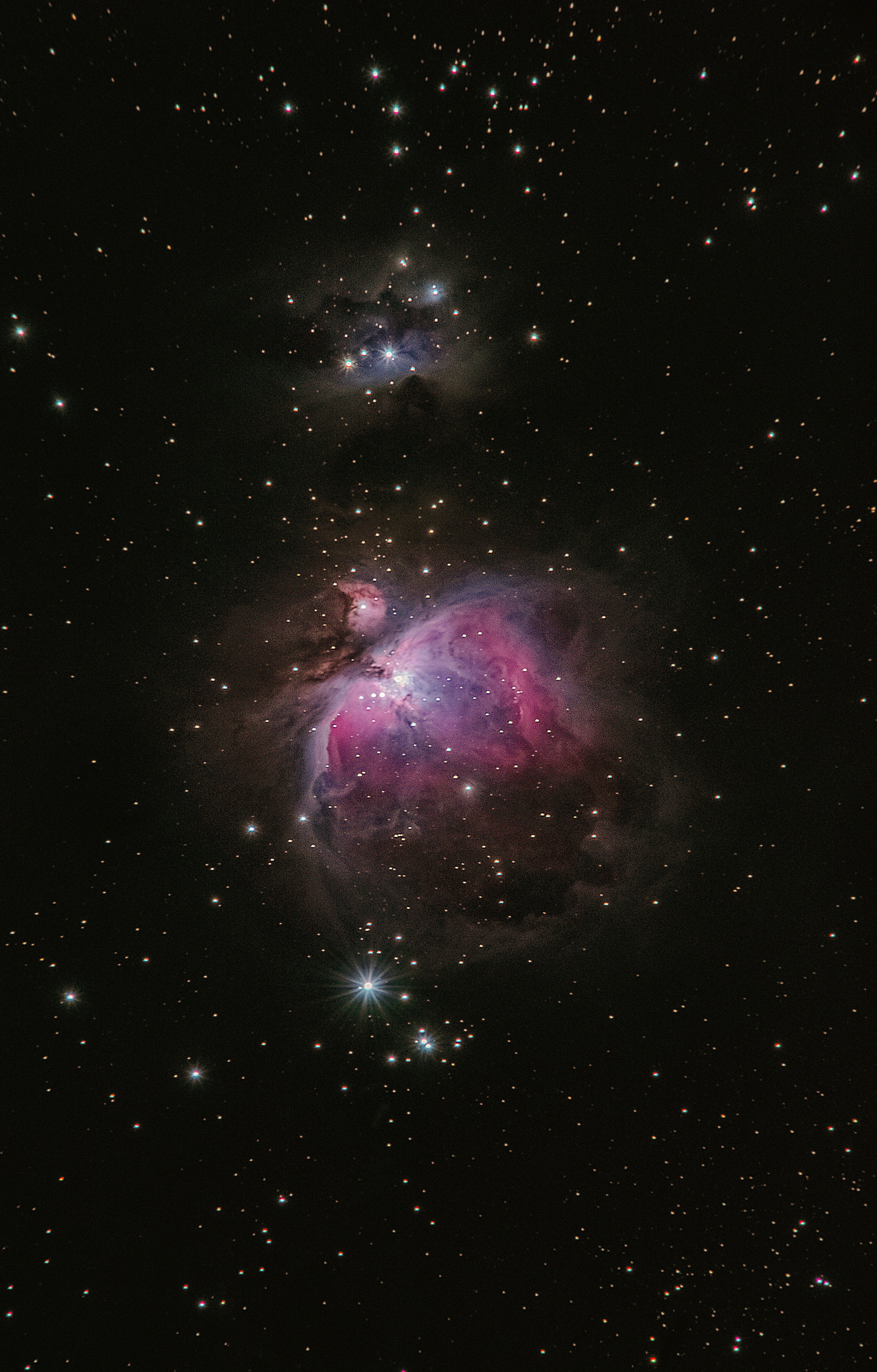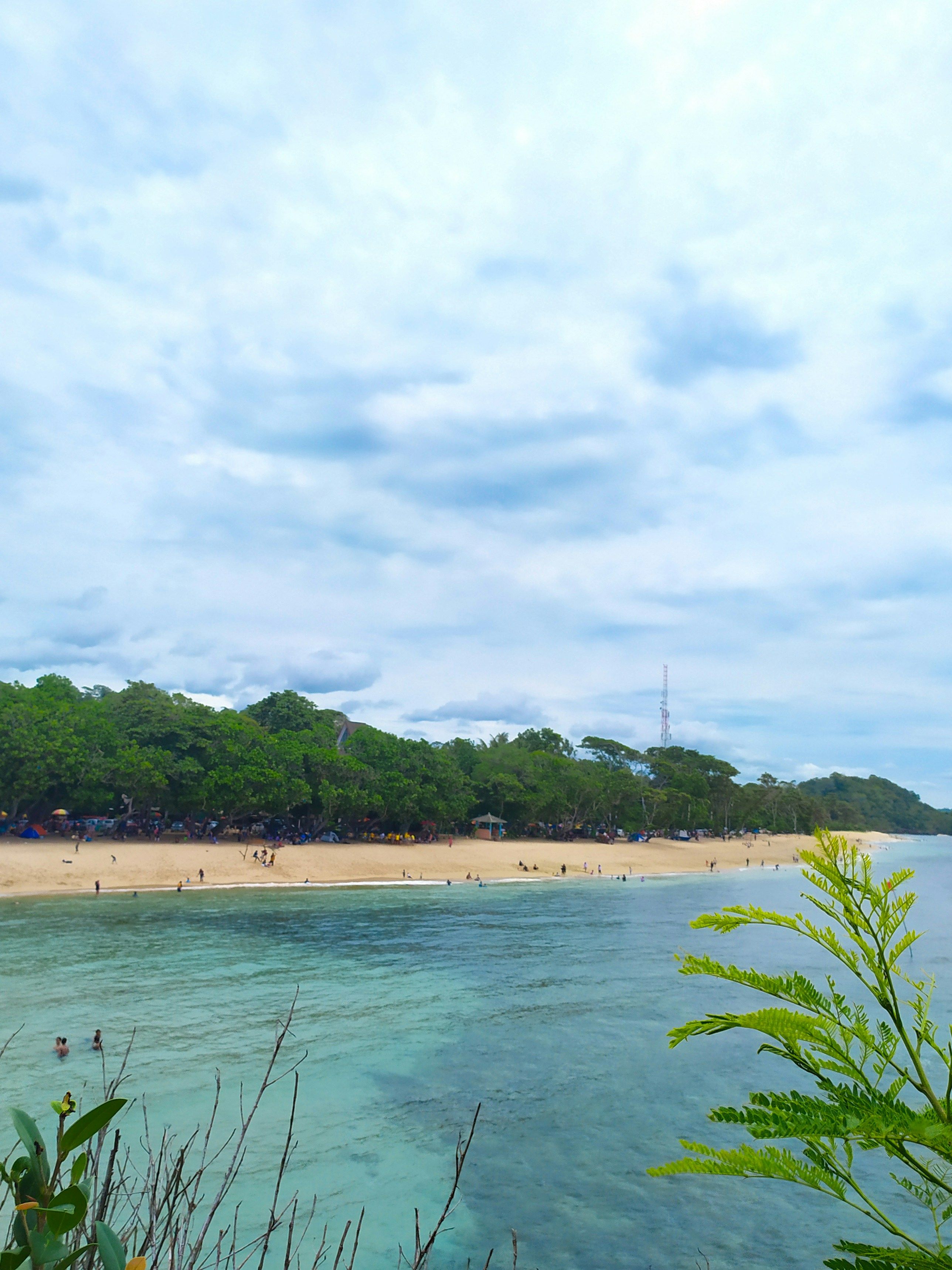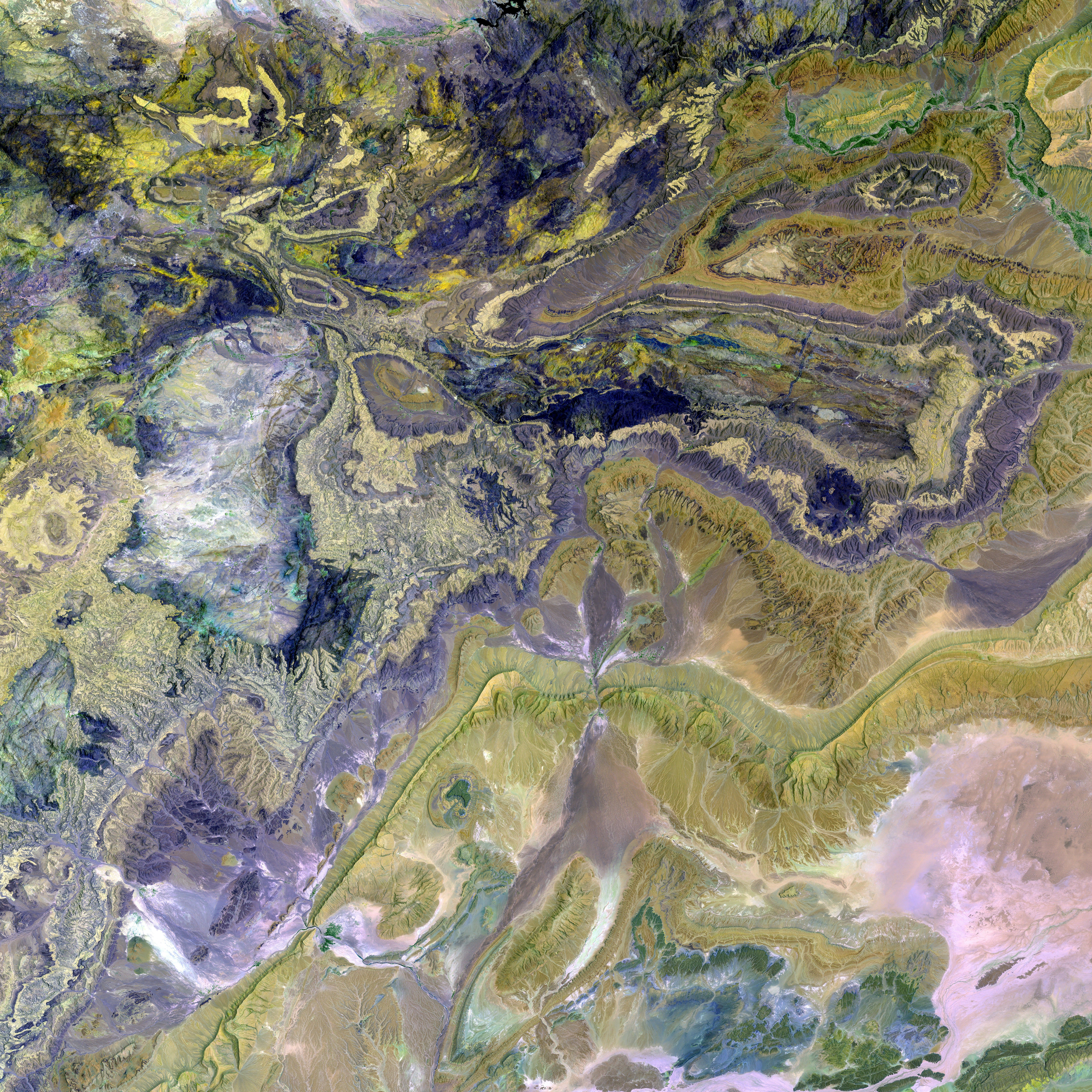Exposed: Merkel's Secret Deal with Gazprom Unveiled
Merkel Signaled Approval for Gas Deal with Gazprom
The Chancellery has finally released files revealing the murky details behind Merkel's controversial deal with Gazprom, Russia's state-owned energy giant. This deal has been under scrutiny since the controversial annexation of Crimea by Russia, with Merkel's government continuing to push through the transaction despite internal warnings.
The Süddeutsche Zeitung has obtained these documents under legal pressure, showcasing Chancellor Angela Merkel's hidden involvement that led to the sale of German gas storage facilities to Gazprom. The documents reveal a behind-the-scenes deal that has become a symbol of Germany's questionable Russia policy.
As early as 2015, Merkel was informed about an "asset swap" involving BASF/Wintershall and Gazprom, where the latter would receive a stake in the German gas market, and the former would gain access to gas fields in Western Siberia. Internal documents stress that the Chancellery saw no legal basis to halt this transaction, although they were aware of the risks. With Gazprom as a direct supplier, they acknowledged the potential for control over important gas storage facilities, which in turn would impact the supply security of customers.
To counter expected protests from Ukraine, Poland, and the Baltic states, the solution proposed was to communicate the lack of legal basis and entrepreneurial decision to these concerned parties transparently. Merkel herself marked this recommendation in the documents.
The Support for Nord Stream 2
The Chancellery has handed over 63 documents to the Süddeutsche Zeitung, which initially applied for their release in 2024. Although the Chancellery initially refused, they acquiesced after the Süddeutsche Zeitung objected.
A report submitted by Angela Merkel on July 16, 2015, showcases the extent to which the government secretly supported the Nord Stream 2 pipeline project. Merkel's government downplayed the risks of dependence, stating that while the volume of Russian gas in Western Europe would increase, the share of Russian gas would not rise significantly. Officials expressed sympathy for Gazprom, as its gas business struggled, with the solution being Nord Stream 2.
The perceived risk to Ukraine from profiting less from gas transit or receiving less gas overall was also downplayed. Additional quantities reaching Germany via Nord Stream 2 could be transported to Ukraine via "reverse flow," ensuring it would continue to benefit. "Economically, Germany cannot afford to oppose Nord Stream 3/4" was the stance at the Chancellery at the time.
- Gazprom
- Angela Merkel
- Crimea
- Attack on Ukraine
[1] ntv.de[2] mau[3] Süddeutsche Zeitung[4] Unnamed sources[5] BASF/Wintershall reports
These revelations expose the underhanded nature of Merkel's dealings with Gazprom and call into question her approach to Russian policy. The question remains: To what extent did Merkel prioritize political and economic relationships with Russia over the interests of Ukraine, Poland, and the Baltic states?
Here's a taste of what the files contain:
- Angela Merkel's active support of the sale of German gas storage facilities to Gazprom, despite internal warnings and concerns over the geopolitical implications following the annexation of Crimea.
- An asset swap between BASF/Wintershall and Gazprom, where Gazprom gained a stake in the German gas market in exchange for BASF/Wintershall gaining access to gas fields in Western Siberia.
- The extent to which the German government covertly supported the Nord Stream 2 pipeline project while publicly presenting it as a private economic venture that they remained neutral on.
- Germany's downplaying of concerns about potential risks such as gas supply disruptions, believing Putin would not cut off gas supplies to Germany due to technical and economic difficulties. However, this assumption was later proven wrong when Russia reduced and eventually halted gas deliveries through Nord Stream 1 following EU sanctions in 2022.
- The Chancellor's active participation in countering expected protests from Ukraine, Poland, and the Baltic states by transparently communicating the reasons behind their decision to proceed with the sale.
- The government's belief that "Economically, Germany cannot afford to oppose Nord Stream 3/4."
- Gazprom's gas business struggles and the solution proposed: Nord Stream 2, with pipes 3 and 4.
- The possibility of transporting additional quantities reaching Germany through Nord Stream 2 to Ukraine via "reverse flow," ensuring it continues to benefit as well.
These documents offer a glimpse into the inner workings of Merkel's government and their policy towards Russia. The question now is: to what extent did Merkel prioritize political and economic relationships with Russia over the interests of Ukraine, Poland, and the Baltic states?
- The documents unveil Chancellor Angela Merkel's hidden involvement in the sale of German gas storage facilities to Gazprom, a deal that has been under scrutiny since Russia's annexation of Crimea.
- The files also reveal an asset swap between Gazprom and BASF/Wintershall, which involved Gazprom receiving a stake in the German gas market and BASF/Wintershall gaining access to gas fields in Western Siberia.
- The German government's covert support for the Nord Stream 2 pipeline project is showcased in the obtained documents, despite concerns about potential gas supply disruptions and geopolitical implications.







